Intro
Also called Mingling, the Ningqiang Horse is a miniature type and can be found in Guangpin, Yangguan and Daijiaba District, Ningqiang County and Shanxi/Shannxi Province.
Read more
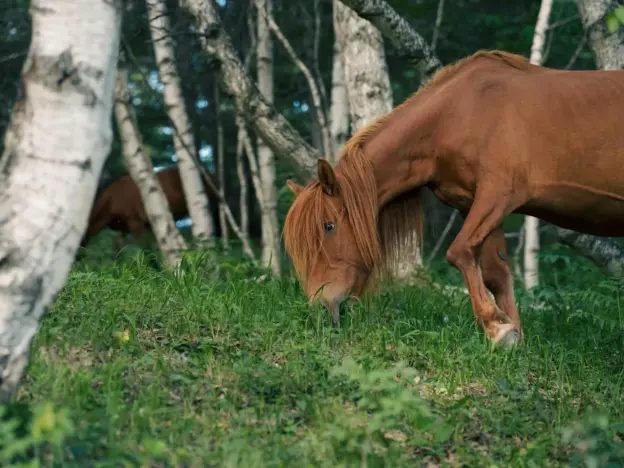
Also called Mingling, the Ningqiang Horse is a miniature type and can be found in Guangpin, Yangguan and Daijiaba District, Ningqiang County and Shanxi/Shannxi Province.
Read more
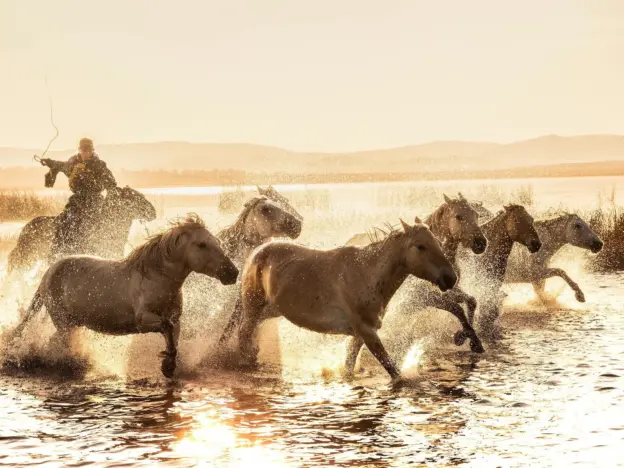
The Mongolian horse is perhaps the oldest true breed of horse, their bloodlines are ancient and have been a foundation influence on many of the breeds throughout Asia and Europe.
Read more
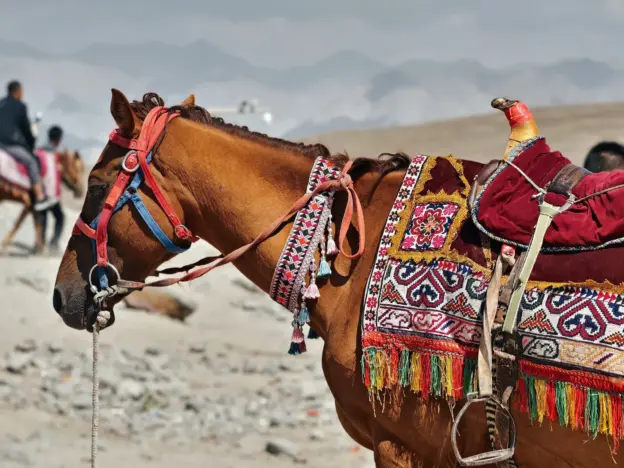
The Barkol horse comes from Kazak Autonomous counties of Barkol, Yiwu and Hami County, in Xinjiang. This is a region known for their horse and camel breeding.
Read more
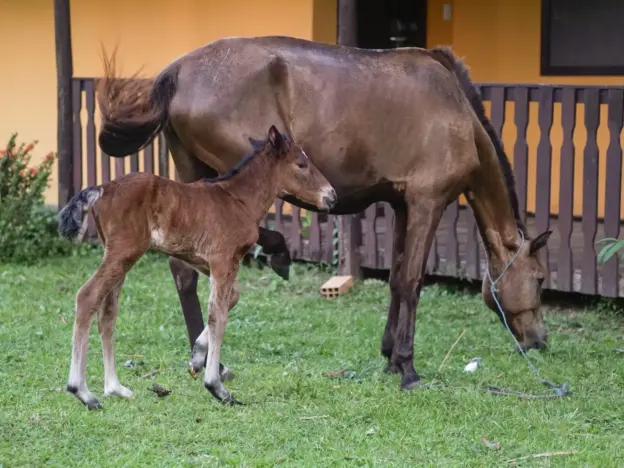
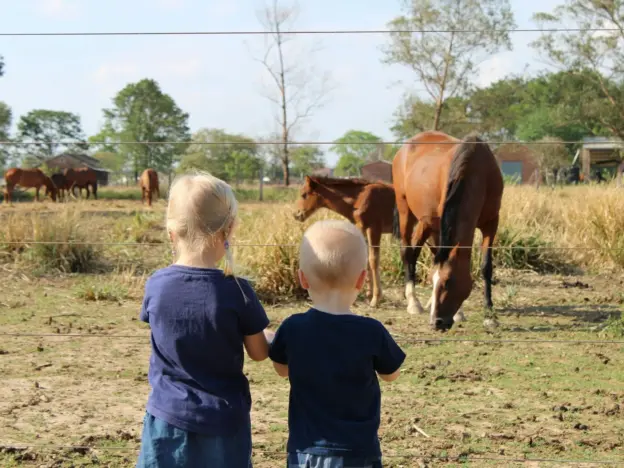
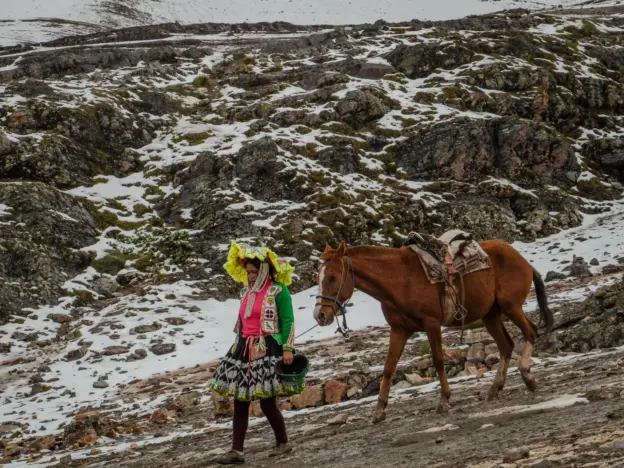
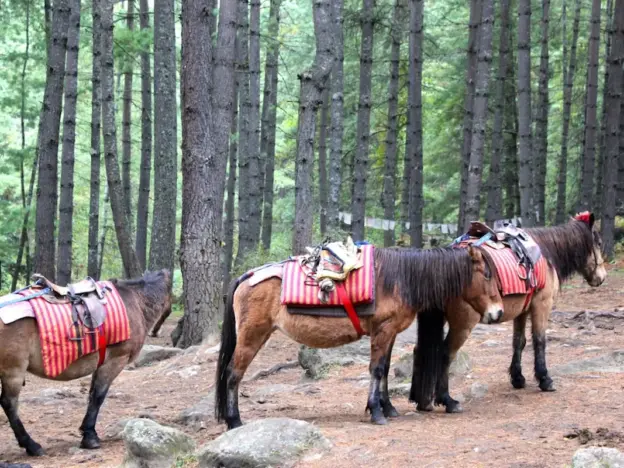
The Merak-Saktenpata is a rare breed of ponies native to Bhutan, found primarily in the Trashigang region. They are named for the Merak and Sakten village blocks where they are found.
Read more
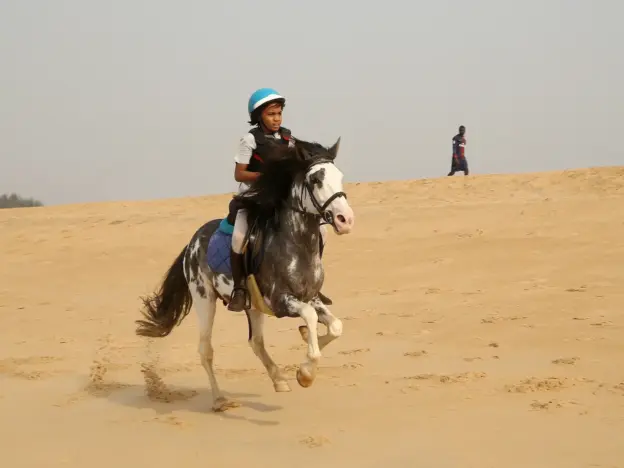
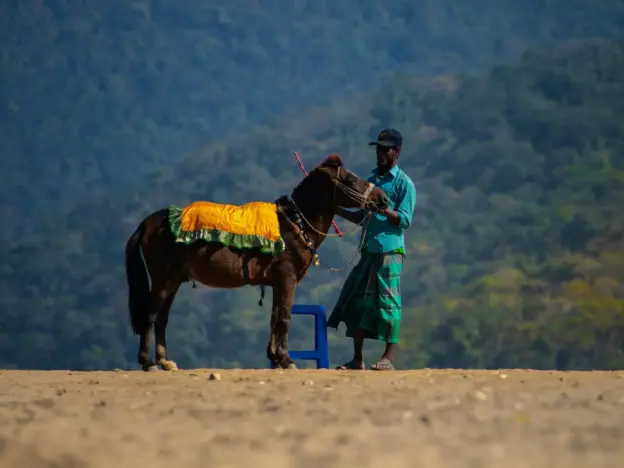
The Rajshahi pony is a dwarf horse or pony breed found in Bangladesh, mainly in West Bengal. There is little information about this pony, but it is likely closely related to the Bangladesh Native Horse.
Read more

Also called Bengali, the Bangladesh Native Horse is a small breed of horse native to the country. They are loosely related to a group of Southeast Asian ponies.
Read more